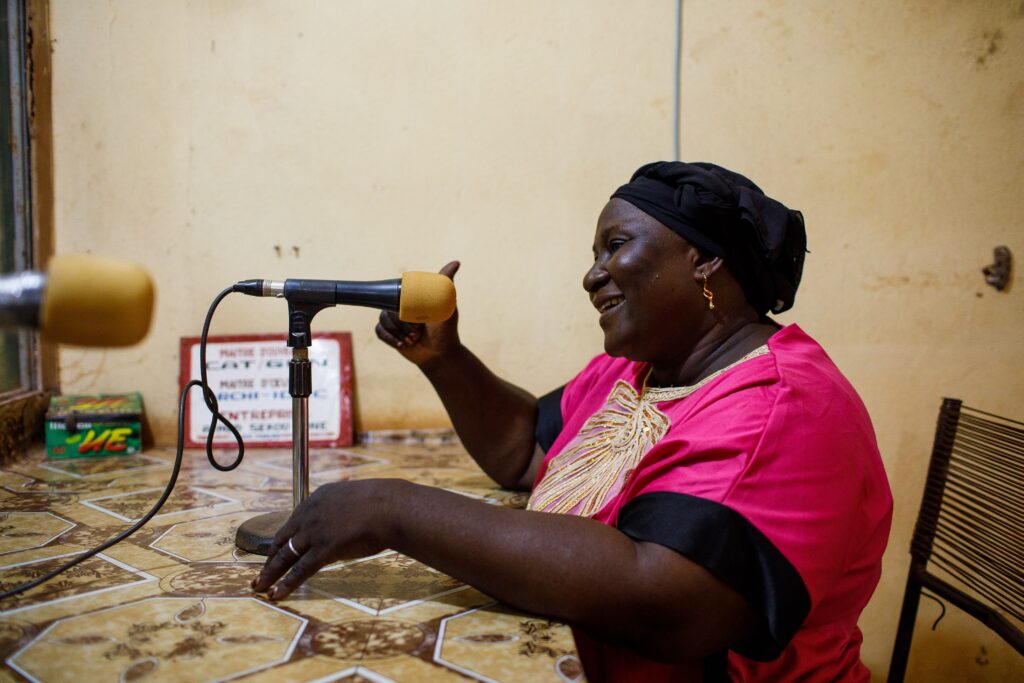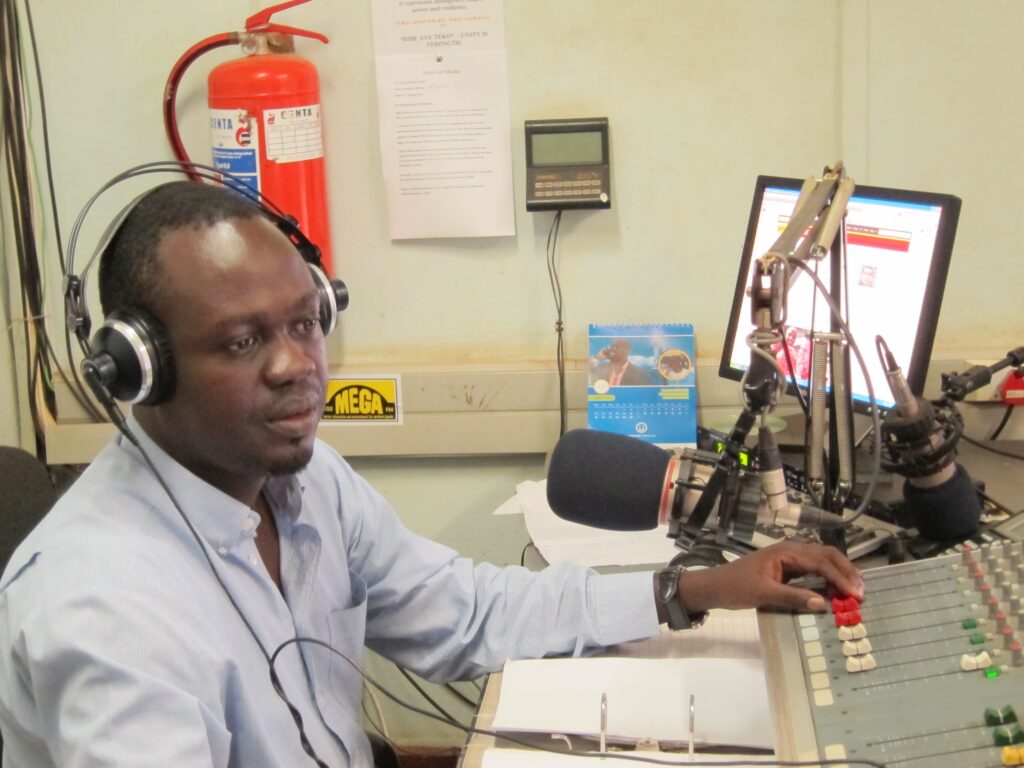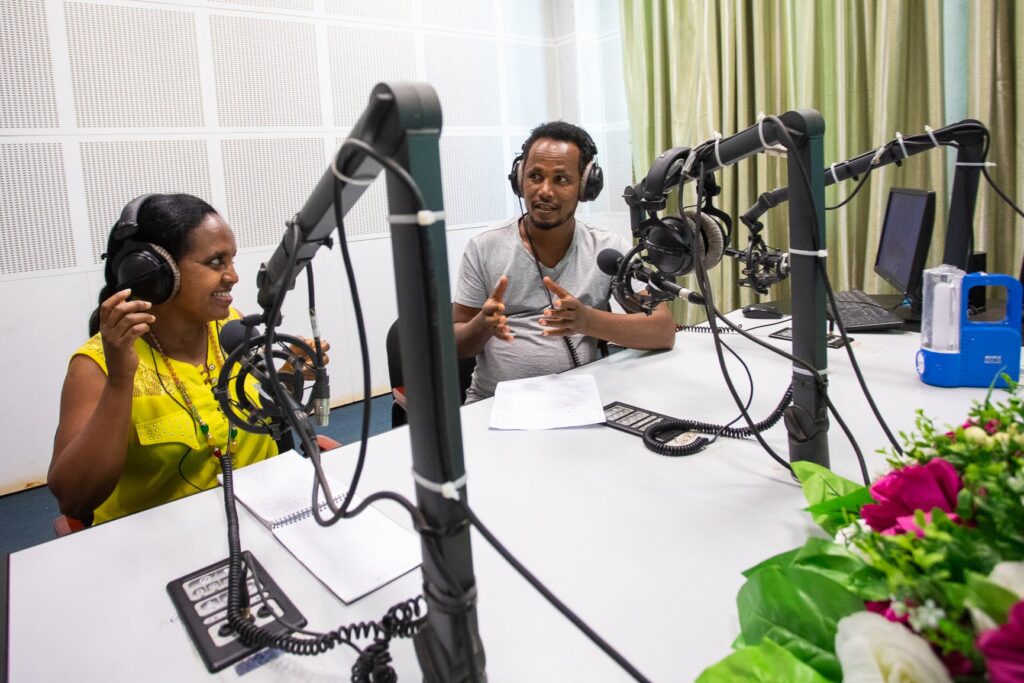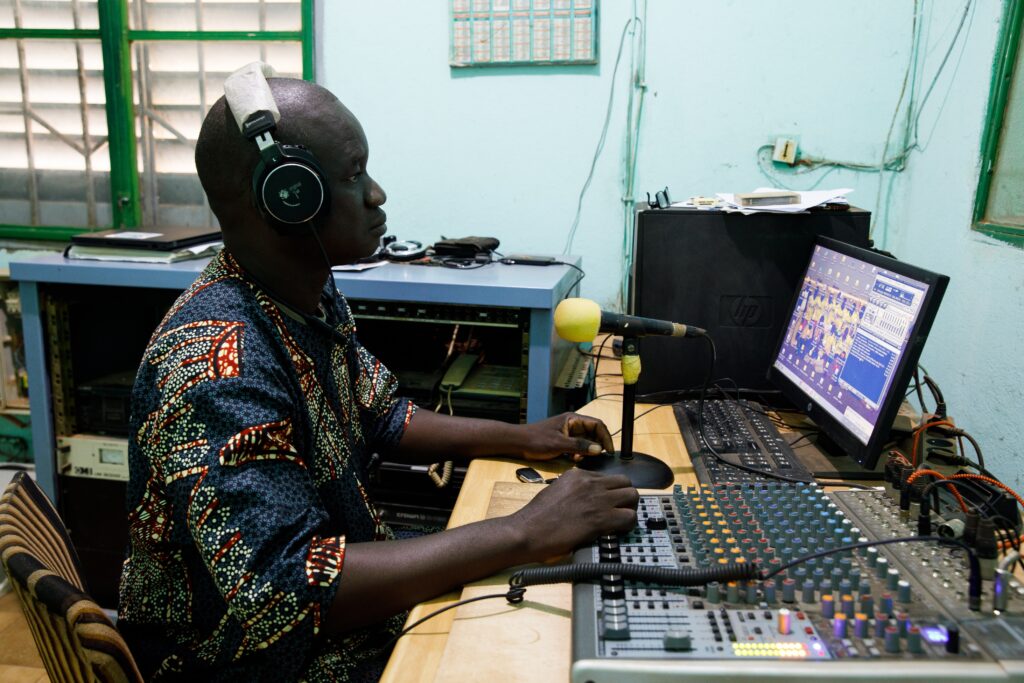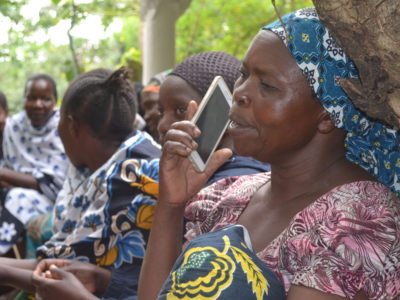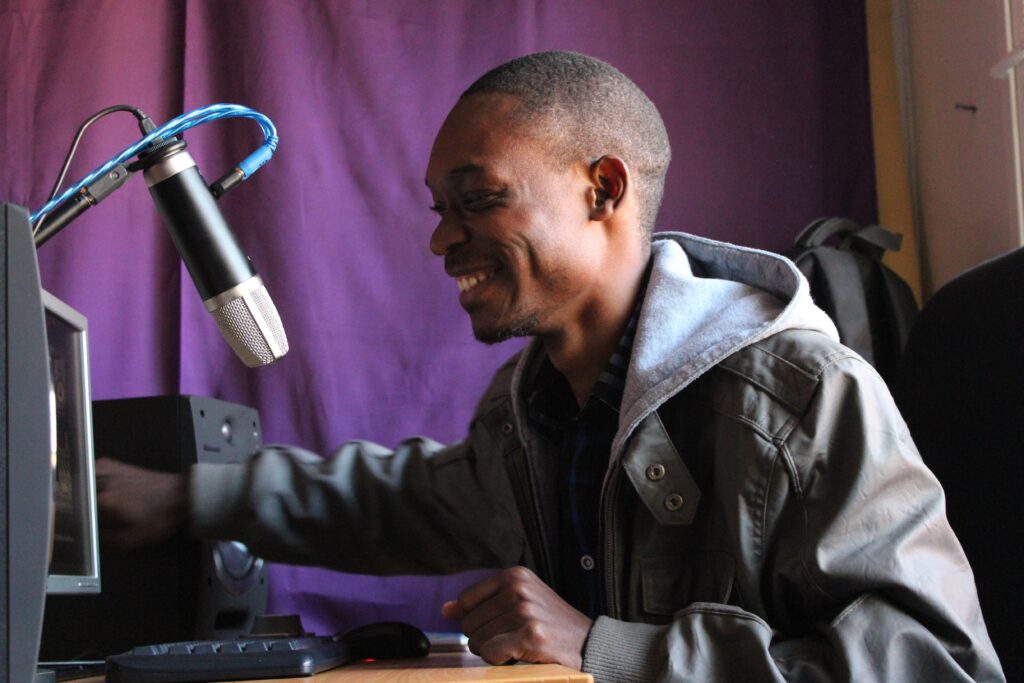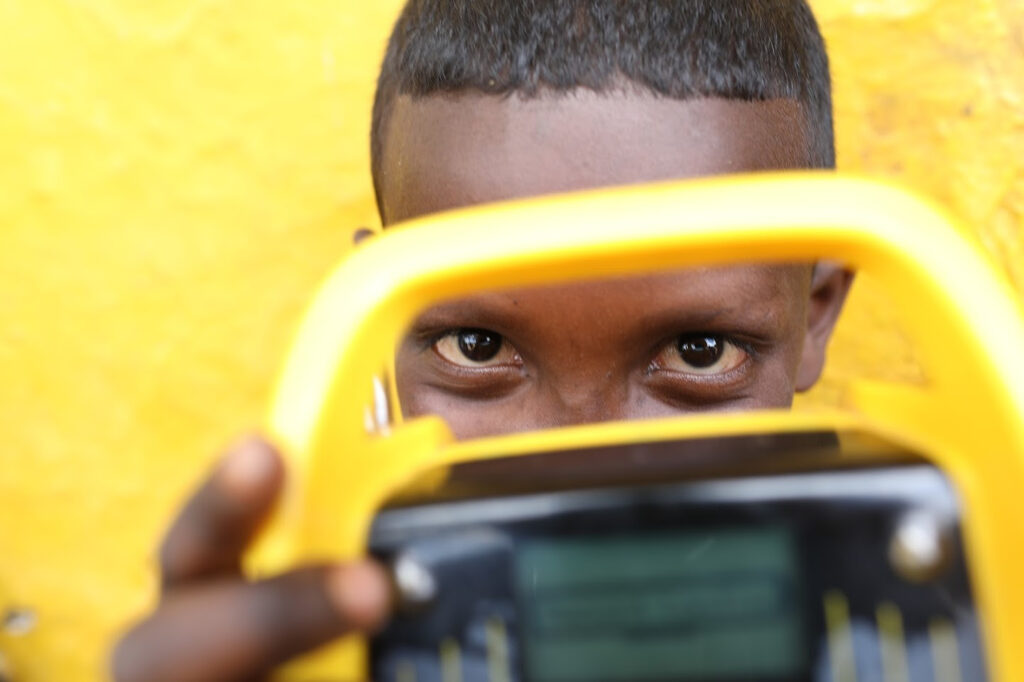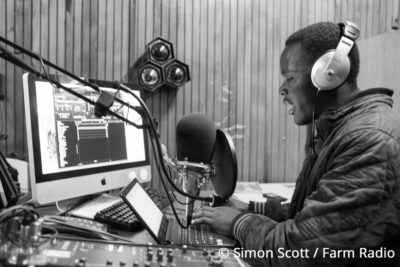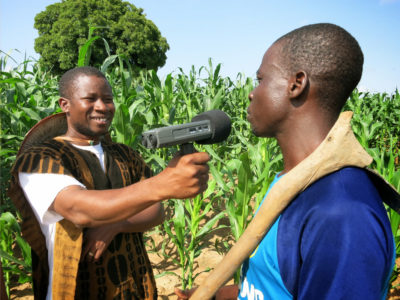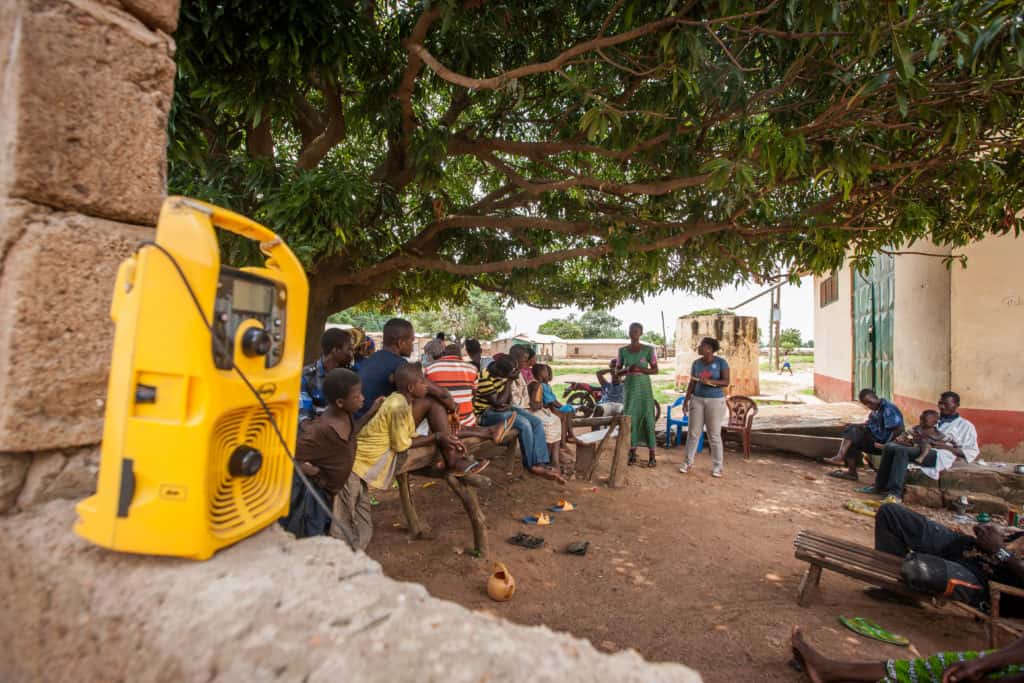Guide
How to write a successful award or grant application
Introduction This Broadcaster how-to guide provides information and tips for individuals on how to prepare a successful application for a grant or award. Some information is more relevant to grant applications and some to award applications, and this will be indicated. This information is relevant to broadcasters and other journalists applying for awards or grants…
Read MoreRadio documentaries
What is a radio documentary? Radio documentaries come in many different forms, but the best radio documentaries all have one thing in common: they are reports from the field that tell the story of a person or people who encounter a problem and overcome it. A radio documentary is not an extended newscast or a…
Read MoreHow radio stations can share weather information with rural listeners
“Weather” refers to the atmospheric conditions at a specific time and place. Atmospheric conditions include measures such as temperature, sunshine, humidity, wind, air pressure, precipitation, cloud cover, and visibility. Weather greatly impacts the lives and livelihoods of individuals and communities. Broadcasters and weather experts such as meteorological agents can play a crucial role by…
Read MoreHow to address sensitive issues on air
Introduction There are many types of sensitive issues that broadcasters could deal with on the radio: social issues, agricultural issues, gender equality issues, and many others. This document talks mostly about sexual and reproductive health and rights, which includes, for example, HIV and AIDS, male and female circumcision, and domestic violence or sexual abuse, amongst…
Read MoreHow to create an effective call-in program
A call-in is a radio format that gives many listeners an opportunity to comment live on a topic of interest. A call-in can be one segment within a radio program, or it can be a radio program on its own. “Phone-in” is often used in place of “call-in.” The two terms mean the same thing.
Read MoreHow radio stations can prepare a funding proposal to submit to a donor
A call for proposals or a solicitation may also be known as a Request for Proposals (RFP) or a call for an Expression of Interest (EOI). These are notices from donors that they have created an opportunity for groups to apply for funds, whether as a grant or a work contract.
Read MoreYouth programming
This Broadcaster how-to guide discusses the benefits of youth programming, and describes how radio stations can air programming that benefits youth, their radio stations, and their communities, and how youth can contribute to that programming.
Read MoreLexicon of radio program production terms
This is a list of commonly used radio program production terms in North America, and a few other terms that are used at Farm Radio International that might be useful in understanding how to produce effective radio programs for a variety of audiences.
Read MoreAsking better questions
To be respectful of your interviewees and your listeners, it is important to ask better questions, ones that do not lead the interviewee to give an answer just because they believe the interviewer wants or expects to hear it.
Read MoreHow to create a radio campaign
A campaign is an organized, time-bound effort to convince institutions or individuals to take specific types of actions, or change their attitudes toward a specific topic in a specific way. Campaigns have specific objectives and usually focus on one major change or action.
Read More
